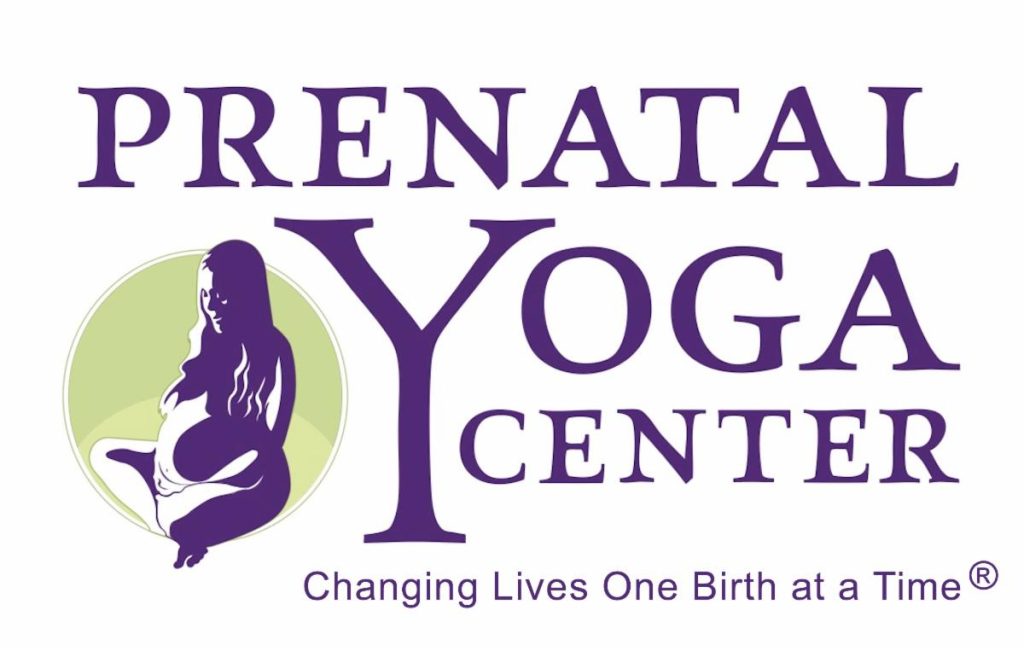Whenever I tell people that I “moonlight” as a labor support doula, they say “a what???” A labor support doula- a woman that offers continuous physical and emotional support to a laboring woman. Even after that explanation, I still often receive slightly confused looks. Although, the idea of having continuous support for a laboring mother is not a new concept.
Up until births were moved into the hospital setting in the early 1900’s, most women gave birth at home surrounded by the support of female family members. It was not until the 1960’s when the Lamaze and Bradley Childbirth Education programs encouraged partners to step back into the delivery room that women began to receive continuous care again. Now, it is commonplace for the laboring mother to have support not just from her partner but also another figure, whether that be a mother, aunt, sister, friend or professional labor support doula.
It is a misconception that nurses, doctors or even midwives will provide continuous labor support. Most nurses are attending to several women at once and there is often inconsistency in care since there are shift changes, breaks and other matters to attend to. As for the doctor, their primary job is to make sure that the mother and baby are progressing well and that the medical needs are met; their job is not to offer care and support. Midwives may be a bit more present then the average OB/GYN, but they are still not a constant presence in the labor and delivery room. Most doulas make it part of their practice to meet the laboring mother at home, and to help identify when it is time to go to the hospital or birth center. So in cases like this, the support starts very early on.
In 2007, the Cochrane Pregnancy and Childbirth Group, a well respected worldwide source of information about evidence-based care, published a studied of sixteen trials involving 13,391 women concluding women who had continuous intrapartum support were likely to have a slightly shorter labour, were more likely to have a spontaneous vaginal birth and less likely to have intrapartum analgesia or to report dissatisfaction with their childbirth experiences. Subgroup analyses: in general, continuous intrapartum support was associated with greater benefits when the provider was not a member of the hospital staff, when it began early in labour and in settings in which epidural analgesia was not routinely available. The studies also sited that there were no adverse effects with having continuous labor support.
These findings are significant since the outcome leads to women having a more positive birth experience and needing less medical interventions. Which, overall, supports a more positive view of birth throughout society.
How does a support person add to the birthing experience that is different than the partner?
Isn’t the partner enough? Yes, sometimes the partner is all the mother needs. However, the partner is often not particularly well educated in understanding and identifying the normal unraveling of labor. One benefit of the doula or educated support person, is she can offer information that may be helpful in making medical decisions. The doula should not be the one to make those decisions, but can help facilitate a conversation and offer the pros and cons to different scenarios that arise. Plus, there is an emotional involvement that a doula or friend does not have, that the partner will. It is hard to watch someone you love in pain and still be able to stay grounded and clear headed.
From my experience, the partners have been extremely grateful to have someone else there to take the pressure off them, guide them and offer the opportunity to take a break without feeling they are abandoning their loved one. A good labor support person should take the cues from the partner and either help guide he or she in a way that may be helpful or honor the intimate relationship that is already there, and offer assistance in another way. Unless specifically told- I do not take the place of the partner.
Another advantage to having full time support is that the person can be an advocate for the laboring mother’s wishes. Sometimes a trained set of eyes can see where things are headed just from what is being discussed or introduced. This person can then remind the parents of their wishes and desires for their birth.
What if I don’t want to hire a doula?
You do not necessarily have to hire a doula to receive continuous labor support. Perhaps you have a sister or friend that is well educated in birth practices who can offer the same information, advocacy and comfort measures. I would recommend giving some thought to who you invite in to the labor room. You want someone that is going to add to the experience, not be bewildered by what they are seeing.
How to find a doula?
There are different organizations that train doulas who then post their members on their website. I am certified and associated with DONA International. There is also another organization called ALACE.
If you decide to go the route of a doula, I have already written two blogs that may be helpful in interviewing doulas to find the right fit for you.
How to Recruit and Prepare Labor Support
With such positive outcomes from the studies done on continuous labor support, why not set the stage for a more positive, less invasive, and even slightly shorter experience by bringing along a good support team!






